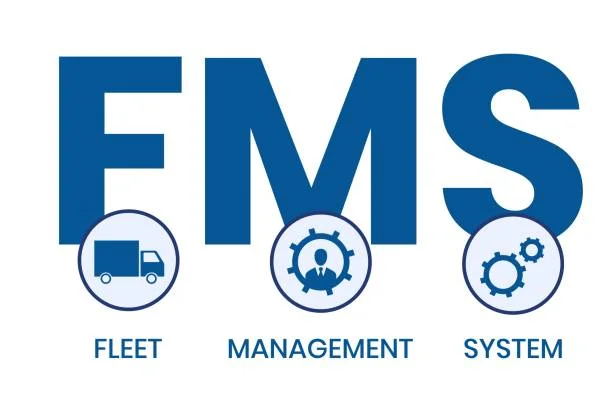In today’s rapidly evolving business landscape, fleet management solutions have become integral to maintaining a competitive edge. These solutions provide companies with the tools necessary to streamline operations, reduce costs, and improve overall efficiency. As technology advances, the capabilities of fleet management systems have expanded, offering businesses unprecedented control and insight into their operations.
The Importance of Fleet Management
Fleet management is crucial for any enterprise that relies on vehicles, whether it’s for logistics, transportation, or service delivery. Effective management ensures that a company’s fleet is operating optimally, which in turn enhances productivity and profitability. Without a robust fleet management strategy, businesses face challenges such as increased fuel costs, vehicle maintenance issues, and operational delays.
The Evolution of Fleet Management Solutions
Over the years, fleet management has evolved from simple tracking methods to sophisticated systems that integrate with various business operations. The advent of GPS technology revolutionised the industry, allowing for real-time tracking and data analysis. Modern solutions utilise GPS alongside telematics and IoT (Internet of Things) to offer comprehensive insights into vehicle performance and driver behaviour.
Key Features of Modern Fleet Management Solutions
Today’s fleet management solutions are packed with features designed to enhance operational efficiency. Real-time tracking enables managers to monitor vehicle locations and respond swiftly to any issues. Additionally, route optimisation contributes to reduced fuel consumption and shorter delivery times, while maintenance alerts ensure vehicles are kept in top condition, minimising downtime.
Impact on Cost Savings
One of the most significant benefits of adopting fleet management solutions is cost reduction. By optimising routes, businesses can significantly cut down on fuel expenses. Moreover, predictive maintenance features help in anticipating and addressing vehicle issues before they escalate, thereby reducing repair costs and prolonging vehicle lifespan.
Enhancing Safety and Compliance
Safety is a major concern for businesses with large fleets. Fleet management solutions provide tools to monitor driver behaviour, ensuring adherence to road safety regulations. Features like speed tracking and fatigue detection can alert managers to potentially hazardous conditions, preventing accidents and ensuring compliance with industry standards.
Data-Driven Decision Making
The data collected through fleet management systems can be a valuable asset for business decision-makers. By analysing patterns in vehicle usage and operational efficiency, companies can identify areas for improvement and make informed strategic decisions. This data-driven approach enables businesses to adapt to changing market demands swiftly.
Integration with Other Business Systems
Modern fleet management solutions are not standalone systems. They can be integrated with other business software, such as ERP and CRM systems, to provide a seamless flow of information across the organisation. This integration helps in synchronising operations, enhancing customer service, and promoting transparency.
Environmental Impact and Sustainability
As environmental concerns grow, fleet management solutions can support businesses in reducing their ecological footprint. By promoting efficient use of vehicles and optimizing routes, these solutions contribute to lowering emissions and fuel consumption. Additionally, the integration of electric vehicles into fleets is further supported by advanced management systems, paving the way for a more sustainable future.
Challenges and Considerations
While the benefits of fleet management solutions are numerous, businesses may face challenges during implementation. These include initial costs, staff training, and technology integration. However, with proper planning and execution, these obstacles can be overcome, leading to long-term benefits for the company.
Case Studies of Successful Fleet Management Implementation
Many companies have successfully implemented fleet management solutions with notable results. For instance, businesses in the logistics sector have reported up to 20% savings on fuel costs and significant improvements in delivery times after adopting such systems. These case studies highlight the transformational impact of fleet management solutions on business operations.
Choosing the Right Fleet Management Solution
Selecting the most suitable fleet management solution requires careful consideration of a company’s specific needs and objectives. Factors such as fleet size, operational scope, and budget must be taken into account. Consulting with industry experts and vendors can provide valuable insights into the best options available.
Future Trends in Fleet Management
The future of fleet management is set to be shaped by advancements in technology such as artificial intelligence and machine learning. These technologies will further enhance predictive capabilities and optimise operational efficiencies, ensuring that businesses remain competitive in an ever-changing market landscape.
Conclusion
Fleet management solutions are undeniably transformative for modern businesses. By leveraging technological advancements, companies can revolutionise their operations, achieve significant cost savings, and improve overall efficiency. As the business environment continues to evolve, the role of fleet management solutions will become even more vital.






